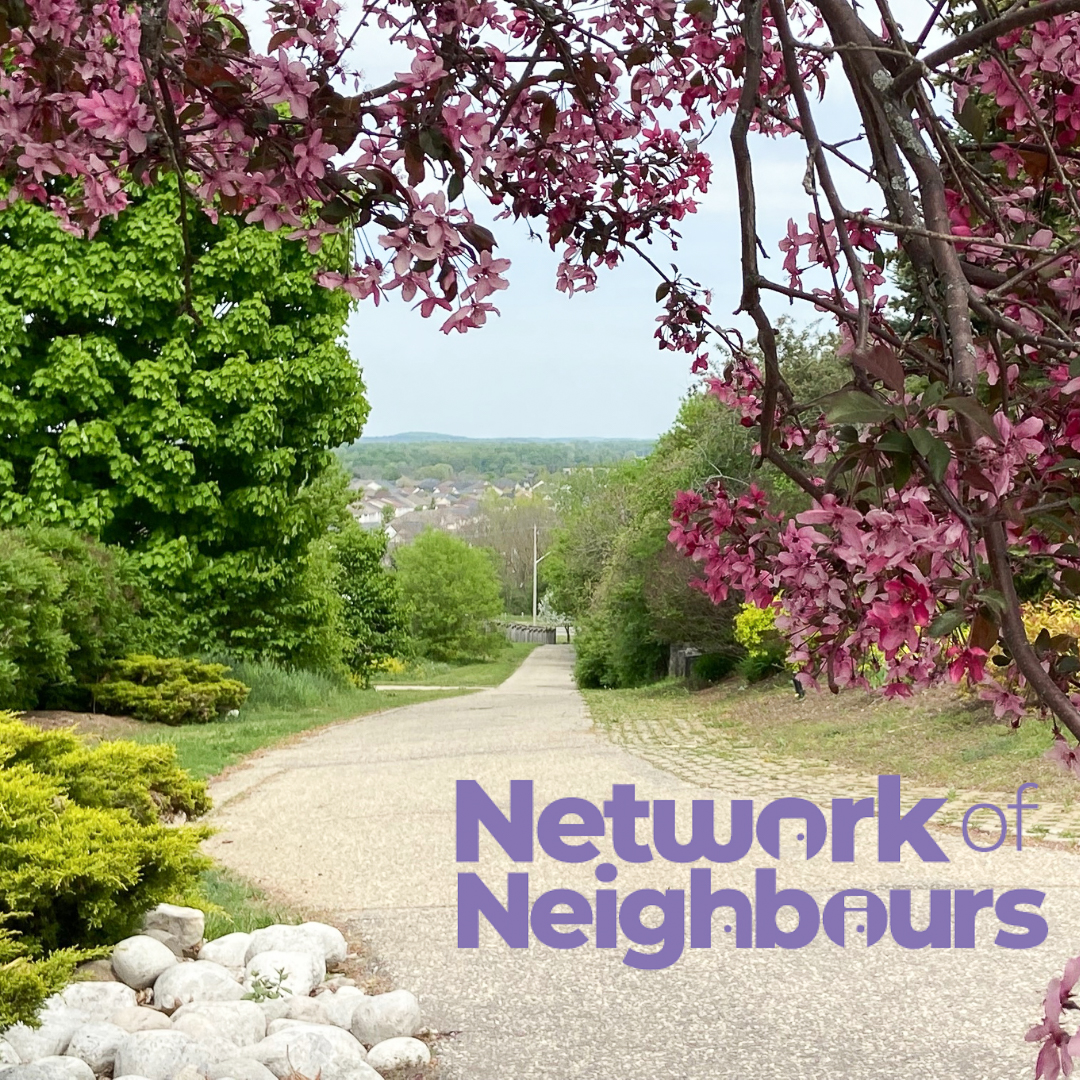It’s safe to say all of us are tired of talking about the pandemic. It’s month 16, vaccines are slowly getting into arms, restrictions are being lifted, but it’s going to be a long time before we’re back to life as we knew it in the ‘Before Times’. And while it seems like this pandemic has almost run its course and things will be back to normal again soon, there’s another pandemic that’s only been gaining momentum throughout these 16 months.
The “shadow pandemic,” as the UN has called it, refers to the staggering rise in domestic violence across the globe. Even in Waterloo, police have reported a marked increase in calls related to domestic violence. Meanwhile, women’s shelters have seen their numbers of service users decrease. Jennifer Hutton, CEO of Women’s Crisis Services, told Cambridge Times that it’s not always safe for women to reach out to crisis services for support.
“It’s when their partner has gone to work, or left the house. But when they’re home together 24-7, there’s not much opportunity to reach out for help,” Hutton said.
Isolation has proven to be a significant factor in the rise of domestic violence. While it has been a strategy of survival and badge of honour—‘stay away from people,’ ‘stay at home,’ ‘keep to your household’—it’s also been a breeding ground for abuse. Many of us are using isolation as a means to protect ourselves as a community, but it’s also creating this swell of people whose isolation is a direct threat to their well-being and for some, even their lives.
“We know that isolation fosters abuse. Lockdowns and strict stay-at-home orders have made it extremely difficult for survivors to access social services and community intervention points,” Racheal Walser, the advocacy coordinator with the Feminist Shift and co-facilitator of the Network of Neighbours intervention training, said.
Neighbours have taken on a key role in each other’s well-being throughout this pandemic. In the early days, our neighbours were our opportunity for a wave or smile from a distance. But it goes beyond just social, with neighbours stepping up to do food drives, providing places for folks to quarantine, sharing yard space, and making sure everyone has their basic needs met.
The shadow pandemic has taught us that more violence is happening in the home—in fact, even before the pandemic, the UN deemed it the most unsafe place for women and girls. Our community is not exempt from this trend. Seeing that neighbours are now an essential part of our support systems, we saw the opportunity for a Waterloo Region community-wide intervention.
Network of Neighbours training equips participants with the knowledge and skills to act as supports and points of intervention for those experiencing interpersonal violence in the home. We’re hoping that neighbours, those physically closest to potential survivors, might be able to act as that link between the home and help for survivors of home-based violence.
The training is all online, only two hours long, free and open to anyone in Waterloo Region. This interactive workshop will cover the fundamentals of understanding abuse, where you can go for support, how to recognize abuse, intervention types you can engage in and how to maintain a relationship with the survivor. Our goal is to have a network of people across the region who have received this training and are putting it to good use by supporting people in their geographic areas, particularly where services are harder to access.
Many of us were willing and excited about clanging pots and pans for our frontline workers. Now, it’s time we roll up our sleeves and get to work helping our neighbours who need a lifeline to get to safety.




Leave a Reply